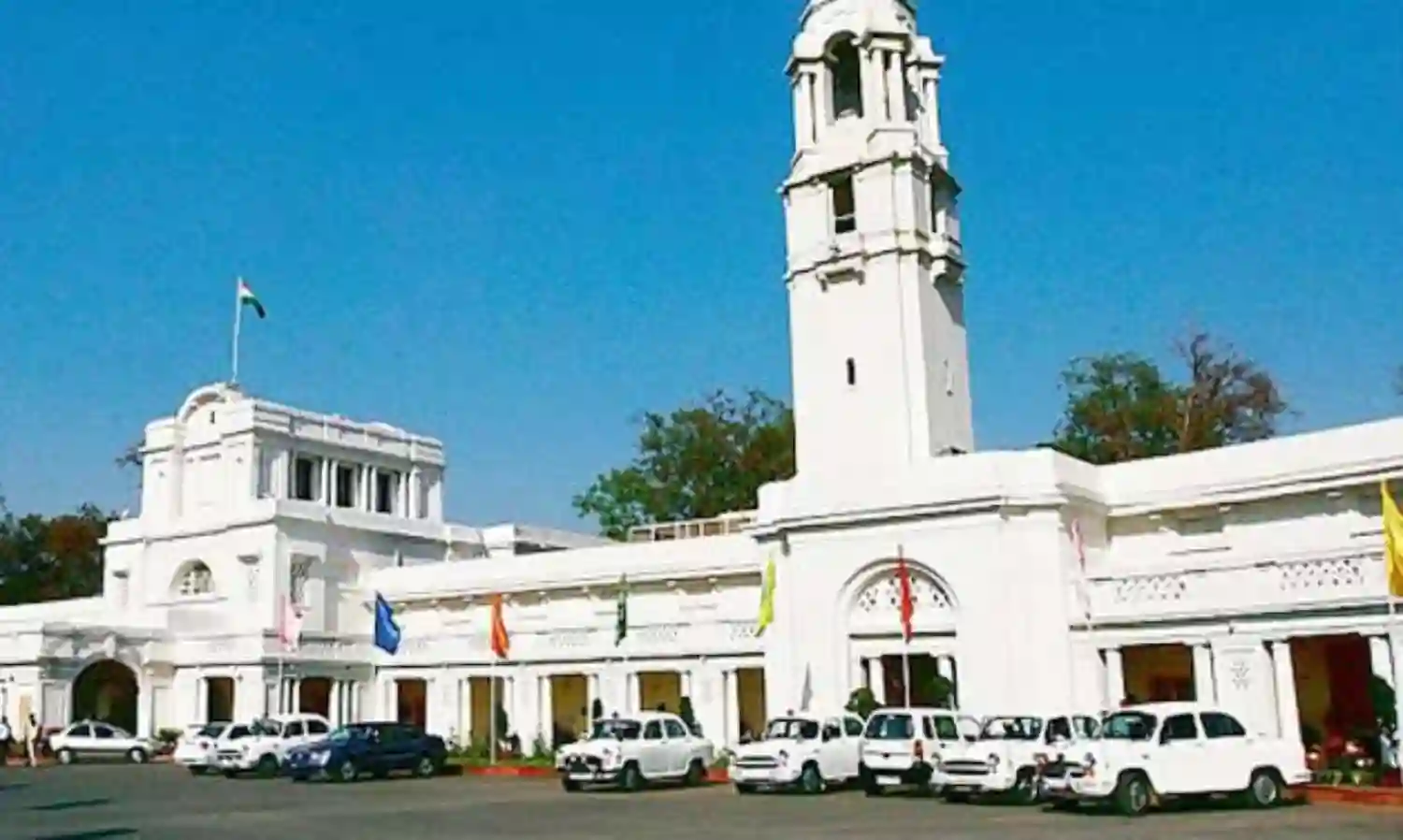Delhi MLAs Met for 12 Days Last Year: What Do Our Representatives Do?
A job without accountability does no good to anyone

We elect assemblies, not governments. It is in Parliament and the state Legislative Assemblies that our elected representatives come together to formulate and deliberate on policies in accordance with our goals.
But a brief look into the workings of these assemblies shows that our MLAs are barely meeting at all. Here is the number of days these assemblies actually assembled, in the past three years:
For example, according to their website, Delhi’s legislators met for all of 12 days last year. The highest was Bihar at 33 days. One is essentially left with the question, Why has this legislative vacuum gone unnoticed? Why don’t governments assemble the legislature more often?
Article 174-1 of the Constitution leaves it to the governor, who “shall from time to time summon the house or each house of the legislature of the state to meet at such time and place as he thinks fit, but six months shall not intervene between its last sitting in one session and the date appointed for its first sitting in the next”.
There seems to be absolutely nothing mentioned in the Constitution about the minimum number of working days for a Legislative Assembly.
MLA attendance figures are not published on any of the assembly websites. The Association for Democratic Reforms reported 73% average attendance in Mizoram in 2018, and the Praja Foundation reported figures of 80% for Delhi and 81% for Maharashtra in the same year.
It is surprising to find absolutely no mention of attendance in the official websites of any of the State Assemblies. One might wonder how our MLAs are leading such a comfortable work life, and why there is no public account of their presence or participation in assembly sessions?
MLA attendance finds mention in Article 190-4 of the Constitution, which says: “If for a period of sixty days a member of House of the Legislature of a State is without permission of the House absent from all meetings thereof, the House may declare his seat vacant; Provided that in computing the said period of sixty days no account shall be taken of any period during which the House is prorogued or is adjourned for more than four consecutive days.”
Note that the House ‘may’ and not ‘shall’ declare his (or her) seat vacant.
This loophole crafted by our legislators gives the executive yet more discretion in avoiding accountability from the House.
More surprising still, very few assemblies record their sessions and make them available for people to watch online: only Telangana and Bihar had recordings or live webcasts available, while in Himachal Pradesh you can watch the sole question hour.
And for all their chest-beating about regional languages, assembly documents in the local language are made available in just five states: Punjab, Haryana, Delhi, Himachal, Maharashtra and Bihar.
While it is true that these are insufficient indicators of whether our legislators and governments are doing their duty properly, it is important to remember why the Assembly exists and why we vote during elections?
The denial of live proceedings of assembly sessions, or transcripts of the sessions in the local language, to the public deprives us of reliable information from authentic sources on issues that are crucial to our lives.
The press is often blamed for eschewing reality, but what option do we have for getting information, if government websites refrain from sharing the relevant details? This is not charity but our state’s duty towards us.
As for the media and other agencies outside the government, they should prepare regular assessments of every MLA’s work and participation in their legislative duty.
A job without accountability does no good to anyone, and it’s about time we evaluate the performance of our representatives beyond the charged speeches of the election campaign.
MLA attendance figures must be shared in the official website of every Legislative Assembly.
The relevant websites need to be bilingual and recordings of all sessions and transcripts must be made available in a timely manner for the public to evaluate.
Public participation must be encouraged in the process of making laws.


